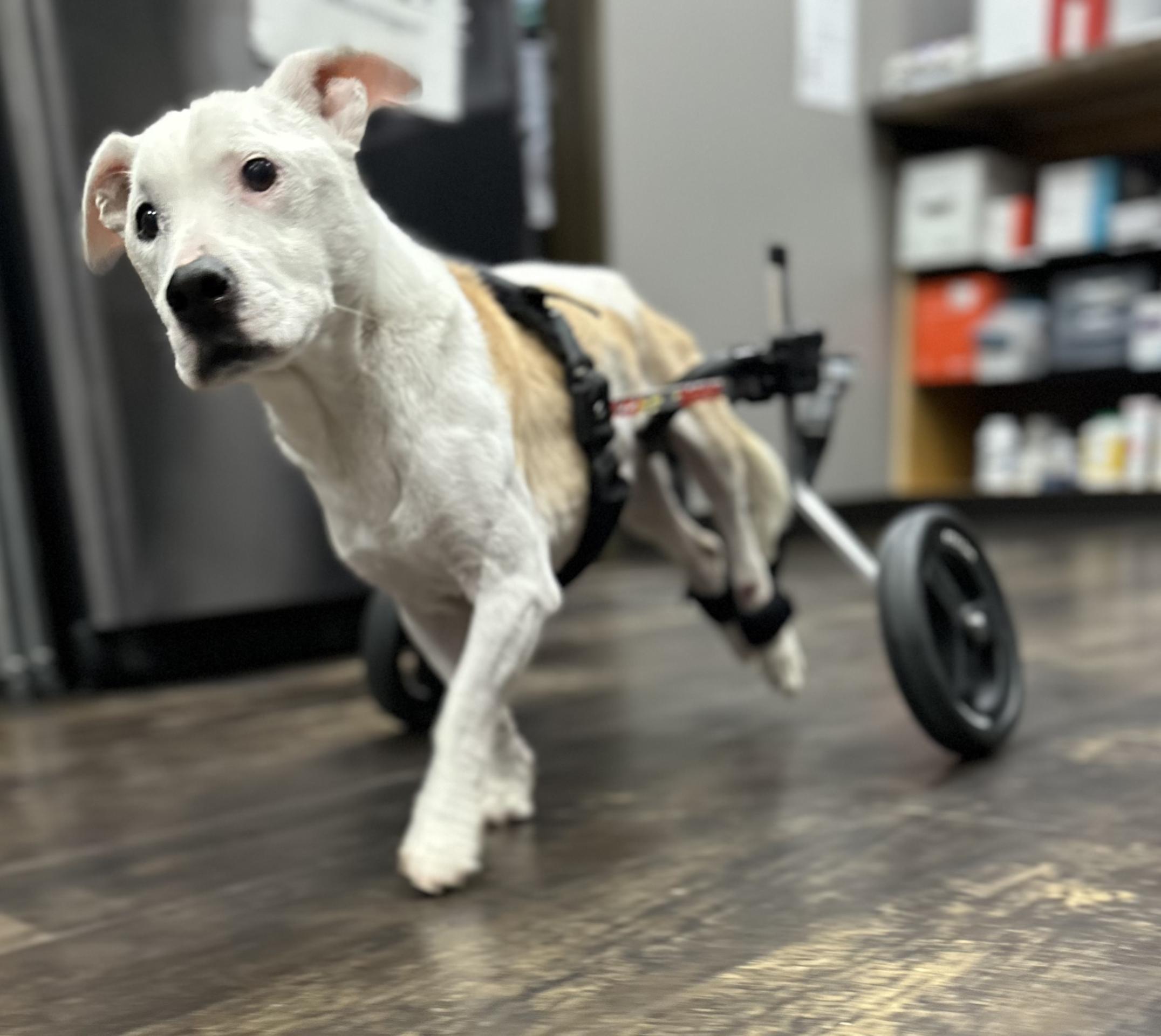Pain Relief in Dogs: A Critical Aspect of Veterinary Medicine
Just like people, dogs can experience pain in various forms. While dogs are often very good at masking pain, they can still suffer greatly. In the past, people mistook dogs’ stoic nature to mean that they didn’t feel pain as humans do. However, we now know that this is untrue. Dogs do feel pain, and they may even suffer more intensely than people.
past, people mistook dogs’ stoic nature to mean that they didn’t feel pain as humans do. However, we now know that this is untrue. Dogs do feel pain, and they may even suffer more intensely than people.
Unlike humans, dogs cannot understand that pain may be temporary or treatable. They don’t know why they hurt, nor do they have any way of understanding that the pain will pass or that relief is available. Without intervention, pain for a dog can be a confusing and distressing experience.
The veterinarian's oath:
A veterinarian’s oath includes a commitment to the relief of animal suffering:
“Being admitted to the profession of veterinary medicine, I solemnly swear to use my scientific knowledge and skills for the benefit of society through the protection of animal health and welfare, the prevention and relief of animal suffering…”
Veterinarians who adhere to this oath are ethically bound not only to recognize pain in dogs but also to actively treat it. Considering pain relief as optional contradicts this commitment.
Recognizing Pain in Dogs
Dogs and other animals are often adept at hiding their pain. Recognizing the subtle signs of discomfort is crucial, as the sooner pain is identified, the sooner relief can be provided. The American Animal Hospital Association has compiled a list of common symptoms of pain in dogs, which we’ve expanded upon:
- Vocalizing: Whining, howling, whimpering, yelping, groaning, or grunting.
- Activity Level: Restlessness, reluctance to move, difficulty standing, trembling, excessive circling, lying still, or seeking extra affection.
- Self-Protection: Guarding a body part, limping, avoiding touch, hiding, or not putting weight on a limb.
- Daily Habits: Reduced appetite, withdrawal from social interaction, changes in sleep or drinking habits, lapses in housetraining, or increased sleep.
- Facial Expressions: Grimacing, vacant stares, glazed or wide-eyed looks, dilated pupils, flattened ears, or excessive panting.
- Aggression: Changes in behavior, growling, attempts to bite, or acting out of character.
- Self-Mutilation: Excessive licking, biting, or scratching specific areas.
- Grooming: A dull coat, hair standing up in places, or lack of grooming.
- Posture: Hunched back, reluctance to stand, lying on one side, or standing with legs at odd angles.
How We Can Help Relieve Pain in Dogs
At The Hometown Veterinarian, we are committed to diagnosing and treating pain in dogs with a range of effective options. The first step is always a thorough evaluation to pinpoint the source of pain, which allows us to create a personalized treatment plan for your dog.
The first FDA-approved pain reliever for dogs, Rimadyl, was introduced in 1997. Since that time, available options to relieve pain in dogs have grown exponentially. There nearly endless options available that can be custom fit for a painful dogs needs.
- Surgical Solutions: For conditions like cranial cruciate disease, surgery can often eliminate the source of chronic pain. Our experienced team performs advanced orthopedic surgeries, such as TPLO, to help relieve pain.
- Medication and Holistic Therapies: When surgery is not an option, we offer a variety of medications to control pain effectively. We also provide holistic treatments like laser therapy and acupuncture to alleviate discomfort and support healing.
- Monoclonal Antibody Therapy: One of the most exciting advancements in pain management is Librela, a monoclonal antibody therapy for dogs. We’ve seen remarkable results with this injectable treatment, offering relief from chronic pain without traditional medication side effects.
Help Your Dog Live Its Best Life
Our team at The Hometown Veterinarian is dedicated to offering top-notch care and effective pain management for your dog. To learn more about treating pain and to schedule an evaluation, call us at 641-758-3333 or click to request an appointment
